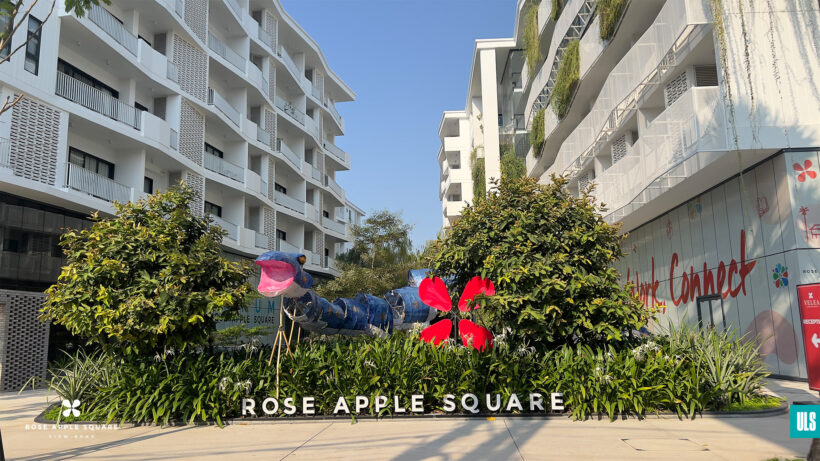Looking to diversify your real estate portfolio or secure a vacation home that also generates income? Enter the condotel—an intriguing hybrid of hotels and condominiums. In this article, we’ll break down what condotels are, how the concept started, their investment potential, and the key factors to consider before buying one.
What is a Condotel?
A condotel (short for “condo hotel”) is essentially a condominium operating under a hotel-like management system. Each unit is individually owned, yet the overall building functions similarly to a traditional hotel. This means you can find amenities like reservation desks, housekeeping, concierge services, and even on-site restaurants. Condotels often feature fitness centers, swimming pools, spas, and other leisure facilities—offering a vacation-like experience for both owners and short-term guests.
While still relatively new and less common in places like Cambodia, condotels are gaining ground in many international tourist hotspots.
How Did the Condotel Concept Begin?
The condotel model emerged as an attractive option for buyers looking for more than just a holiday home. By situating condotels in prime locations—often near popular tourist attractions, special economic zones, or scenic resorts—developers make it easy for owners to rent out their units to short-term tenants. This prime positioning is crucial for generating consistent rental income and long-term property value appreciation.
Is a Condotel a Good Investment?
Condotels can serve as a dual-purpose asset: a vacation home and a potential income generator. When not in personal use, owners can rent out their units to short-term travelers or tourists. However, it’s essential to approach condotel ownership with realistic expectations. Unlike traditional condominium investments, rental income from condotels may be less predictable, especially during periods of fluctuating travel demand—such as during the COVID-19 pandemic.
Keep in mind that you’ll likely pay monthly management fees. These cover property maintenance, administrative tasks, and amenities—ensuring your unit remains attractive and guest-ready. While these fees eat into profits, they also free you from the day-to-day hassles of managing a vacation property.
Factors to Consider Before Buying a Condotel
1. Location, Location, Location
Location is the top priority. Consider how close the property is to major tourist attractions, beaches, nightlife, transportation hubs, or shopping districts. Units in premium locations are more likely to appeal to travelers, leading to higher occupancy rates and potentially better returns on investment.
2. Quality Facilities and Amenities
When choosing a condotel, think from a guest’s perspective. Would you want to stay in a property that lacks modern facilities and conveniences? Condotels with top-notch amenities—such as well-equipped gyms, spas, pools, and on-site dining—are more appealing and can command higher nightly rates. The better the amenities, the more likely your guests will leave positive reviews, extend their stay, or recommend the property to others.
3. A Reliable Property Management Company
Since a condotel functions much like a hotel, having a capable property management team is crucial. A reputable management company with solid experience in handling vacation rentals ensures that your unit is well-maintained, efficiently marketed, and that guests receive a seamless check-in/check-out experience. This can significantly impact your unit’s reputation and profitability.
Final Thoughts
A condotel can be an ideal solution for those who dream of owning a vacation property without letting it sit idle. It provides the flexibility of enjoying your own holiday home while potentially earning rental income during your absence.
Is it a good investment? That ultimately depends on your goals. If you’re primarily seeking a convenient getaway spot and are content with moderate, seasonal rental returns, a condotel could fit the bill. However, if you aim for steady, long-term rental income, a traditional condominium might be a better bet.
In short:
- Ideal for: Owners who want occasional personal use and some rental income.
- Not as ideal for: Investors seeking high, consistent year-round rental yields.
Before diving in, assess the location, amenities, and property management quality to ensure that your condotel investment aligns with your financial and lifestyle objectives.








